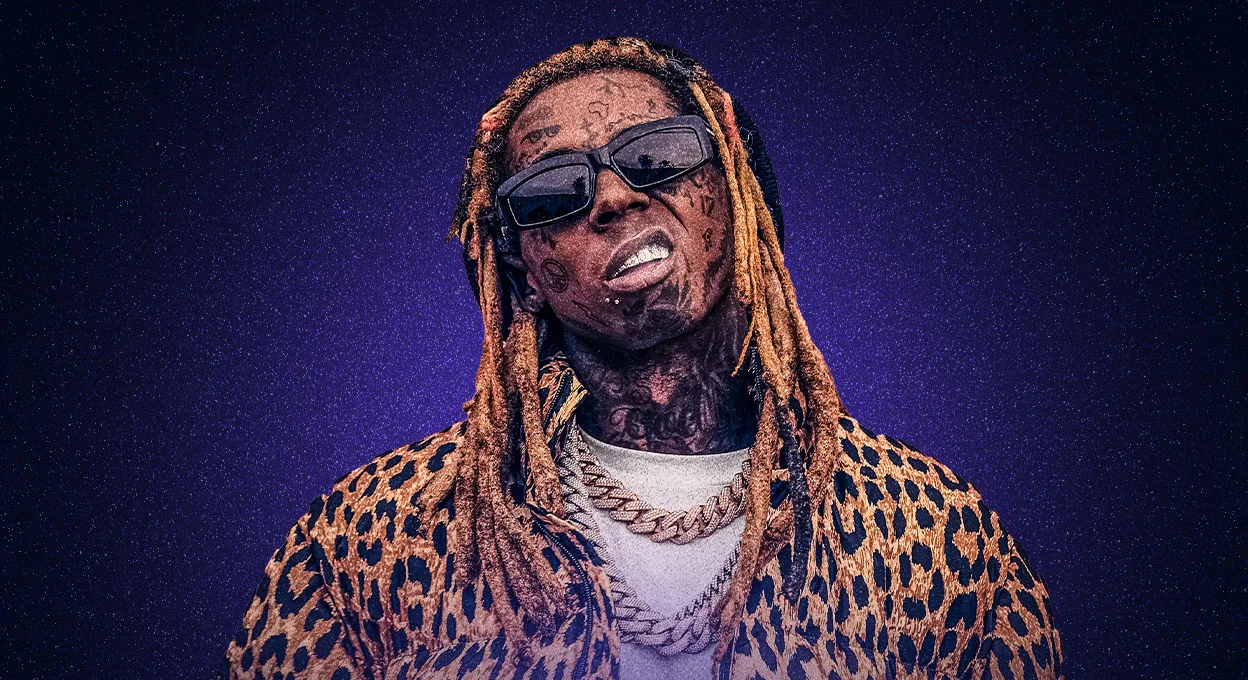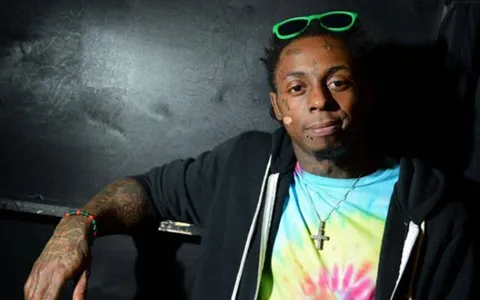

The Lasting Influence of Lil Wayne on the New Generation of Rap
With a career spanning nearly three decades, Lil Wayne remains one of the most influential rappers in the world today. Starting at just 12 years old, he quickly evolved into a global rap icon whose work continues to inspire new generations. Whether through groundbreaking mixtapes, experimental use of autotune, trailblazing fashion choices, or unmatched freestyle sessions, Lil Wayne has consistently proven why his name belongs among the legends of hip-hop.
In this article, we explore the four major ways Lil Wayne has influenced the new generation of rap, showing how his legacy continues to shape the sound, style, and culture of modern hip-hop.
Mixtapes: Breaking Into the Streets and Changing the Game
One of Lil Wayne’s greatest contributions to hip-hop culture lies in his mixtape dominance. While he has a catalog of classic albums, it was his mixtapes that solidified his reputation on the streets and earned him the respect of fans and peers alike.
Across his career, Wayne has released more than 28 mixtapes, with legendary series such as Da Drought, No Ceilings, Dedication, and Sorry 4 The Wait. Unlike many rappers who used mixtapes as filler, Lil Wayne transformed them into cultural events. He approached them with the same intensity as albums, often rapping over popular beats and completely reinventing them with his own personality and lyrical dexterity.
This creative approach gave birth to a new understanding of what mixtapes could achieve. They were no longer just promotional tools — they were statements of dominance. The streets eagerly awaited every release, and blogs lit up with discussions about his bars, punchlines, and metaphors.
The impact of this strategy is visible today. Artists like Wiz Khalifa, Kendrick Lamar, and Young Thug all began their careers with highly celebrated mixtapes, following the blueprint that Lil Wayne laid down. His dedication to flooding the market with quality free music set the tone for how young rappers could build massive fanbases without relying solely on traditional album cycles.
Lil Wayne proved that consistency and creativity on mixtapes could turn an artist into a superstar — and many of today’s rappers owe their early recognition to the path he carved.
Autotune: Elevating Rap to Melodic Heights
When people discuss the evolution of autotune in hip-hop, Lil Wayne’s name often comes up alongside pioneers like T-Pain and Kanye West. Wayne didn’t just use autotune as a tool to correct pitch — he wielded it as a weapon to bend melodies, create hypnotic flows, and add an emotional edge to his music.
Songs like Lollipop, Got Money, and Can’t Believe It showcased how he could fuse sharp lyricism with addictive, melody-driven hooks. This approach made rap more accessible to mainstream audiences while still retaining its rawness. It also blurred the lines between rap and R&B, giving birth to what we now know as melodic rap.
Wayne’s fearless experimentation inspired a new generation of rappers. Figures like Future, Young Thug, Lil Baby, and Roddy Ricch have all built their sounds on the foundation Lil Wayne helped create with autotune. For them, the tool became a way to channel vulnerability, energy, and futuristic vibes into their music.
By updating his rap arsenal with autotune, Lil Wayne didn’t lose credibility — he expanded his artistry. He proved that rappers could be versatile without abandoning their lyrical roots. In doing so, he ensured that autotune-driven rap would become one of the dominant sounds of the 2010s and beyond.
Style: Fashion as a Statement of Identity
Rap has always been about more than music — it’s a lifestyle, and Lil Wayne’s style became a blueprint for many in the industry. While some of his outfits might look eccentric or over-the-top today, they represented bold statements of individuality and confidence during their time.
Wayne popularized looks that became synonymous with hip-hop swagger: Bape hoodies, snapbacks, sagging jeans, oversized chains, grills, and iconic sneakers. He embraced these styles unapologetically, walking with the confidence of a true trendsetter. His skater-inspired looks, tattoo-covered body, and rockstar aesthetic further diversified the image of what a rapper could be.
For many younger rappers, Wayne’s fashion became a cultural template. Artists like Travis Scott, Playboi Carti, Trippie Redd, and Lil Pump have all borrowed elements from Wayne’s approach, blending streetwear, high fashion, and counterculture into their own images.
Perhaps most significantly, Lil Wayne helped normalize face tattoos in mainstream rap. His iconic ink inspired younger rappers such as Lil Uzi Vert and the late Lil Peep to wear their art on their skin, signaling rebellion and identity in ways both positive and controversial.
Through fashion, Lil Wayne proved that rap wasn’t just about bars — it was about embodying a lifestyle. His ability to merge music and style left a lasting mark on hip-hop culture.
Freestyle: A Relentless Work Ethic and Creative Explosion
Beyond mixtapes and style, Lil Wayne’s work ethic has become legendary. Known for recording non-stop, Wayne often left the studio with dozens of new tracks after a single session. His reliance on freestyling instead of writing gave his music a raw, spontaneous energy that fans loved.
In fact, many stories describe him recording dozens of tracks in one night. During a session with DJ Khaled, Wayne reportedly laid down over 30 songs in just one evening. When tracks from Tha Carter III leaked before release, Wayne simply returned to the studio and created brand-new replacements — freestyling entire songs that became hits.
This relentless productivity resulted in a vault containing thousands of unreleased tracks, making Wayne one of the most prolific rappers in history. He even recorded marathon songs like 10,000 Bars, a freestyle that stretched nearly 35 minutes.
What made his freestyles special wasn’t just the volume — it was the quality. Wayne consistently delivered intricate punchlines, layered metaphors, and witty wordplay, showcasing his status as one of the greatest lyricists of his generation.
For younger rappers, Wayne’s approach taught an invaluable lesson: rap is about hunger and output. Artists like Lil Durk, NBA YoungBoy, and DaBaby have adopted similar work ethics, releasing an abundance of music to stay relevant. Wayne’s freestyle-driven style and productivity demonstrated how a rapper could dominate the conversation simply by outworking everyone else.
Conclusion: Lil Wayne’s Enduring Legacy
The influence of Lil Wayne on modern rap is undeniable. Through his groundbreaking mixtape strategy, pioneering use of autotune, bold fashion choices, and tireless freestyle work ethic, he paved the way for an entire generation of artists.
Today, we see his fingerprints on the careers of countless stars, from Kendrick Lamar to Young Thug to Travis Scott. Whether in sound, style, or strategy, Lil Wayne’s innovations continue to echo through hip-hop.
As he remains active in music, releasing features and solo projects, Lil Wayne shows no signs of slowing down. His journey proves that true legends don’t just adapt to the times — they define them.
For the new generation of rappers, Lil Wayne is more than an influence. He is a blueprint for success, creativity, and authenticity in hip-hop.




















